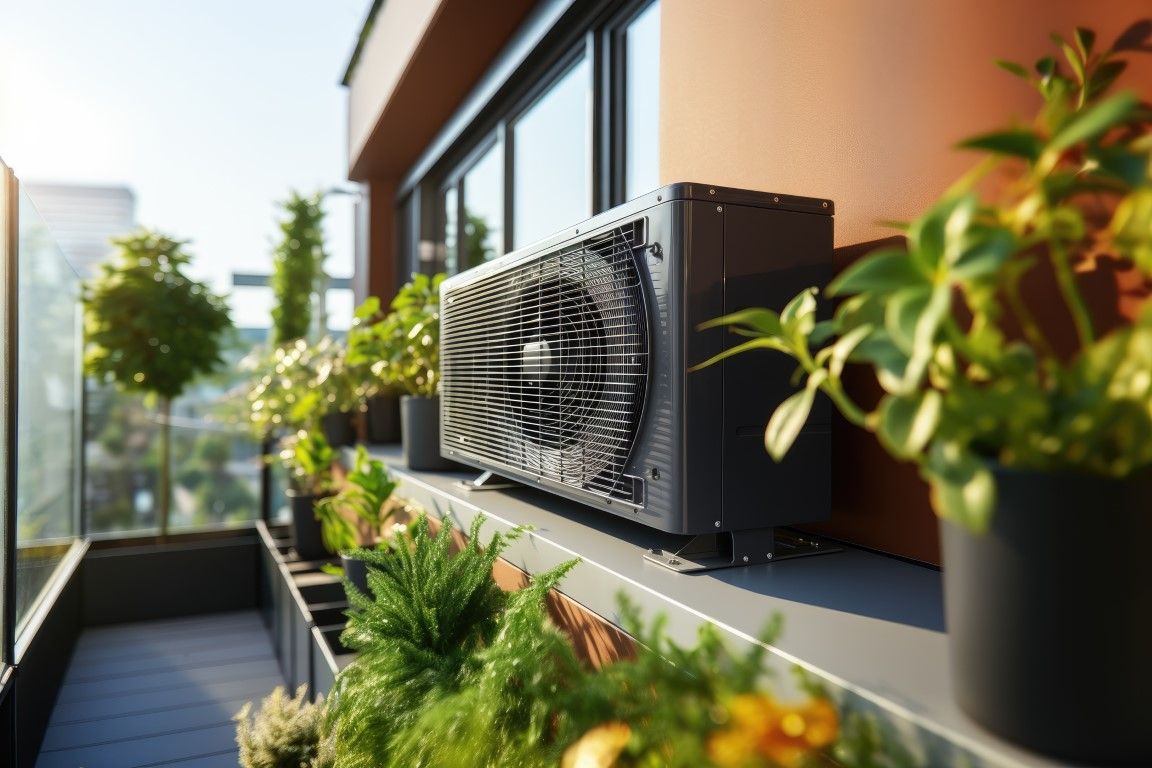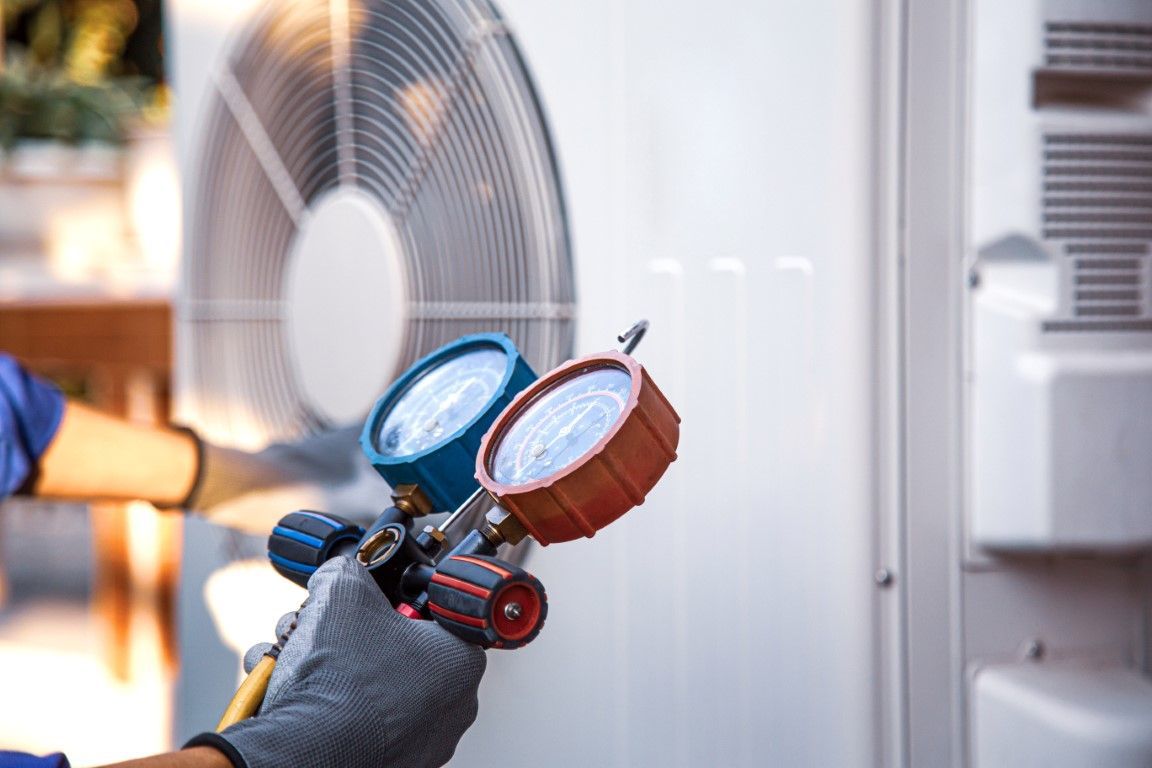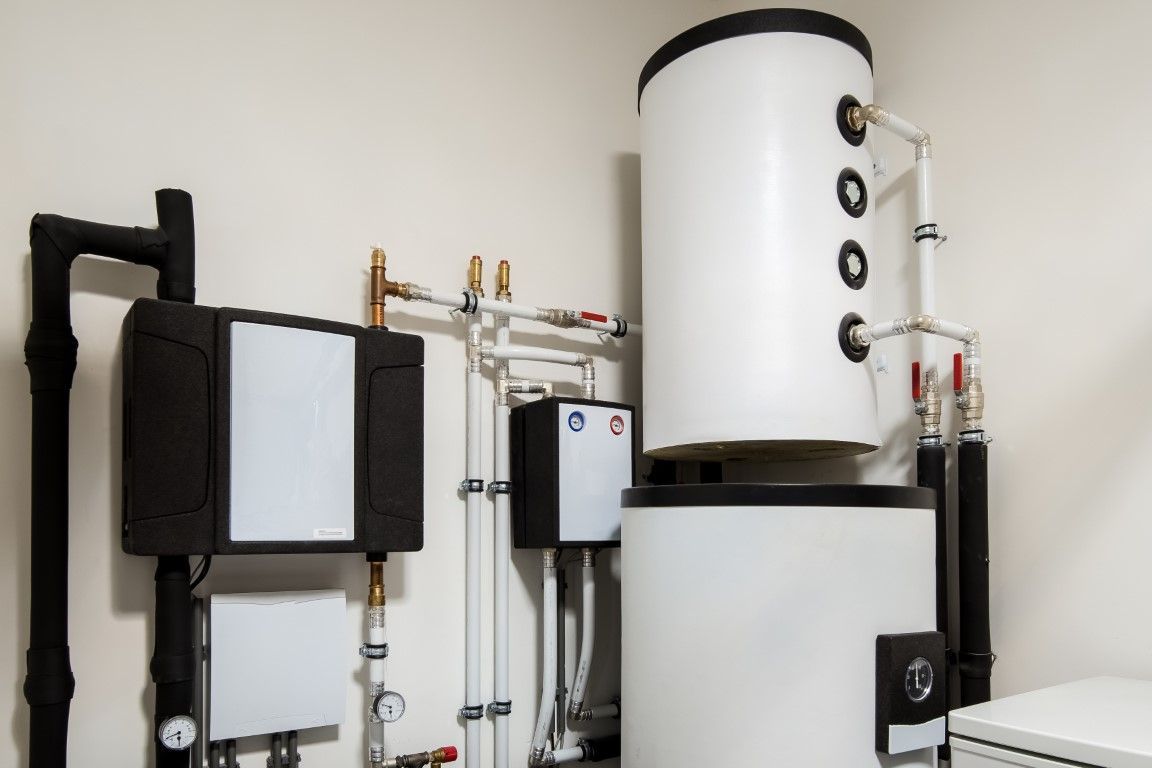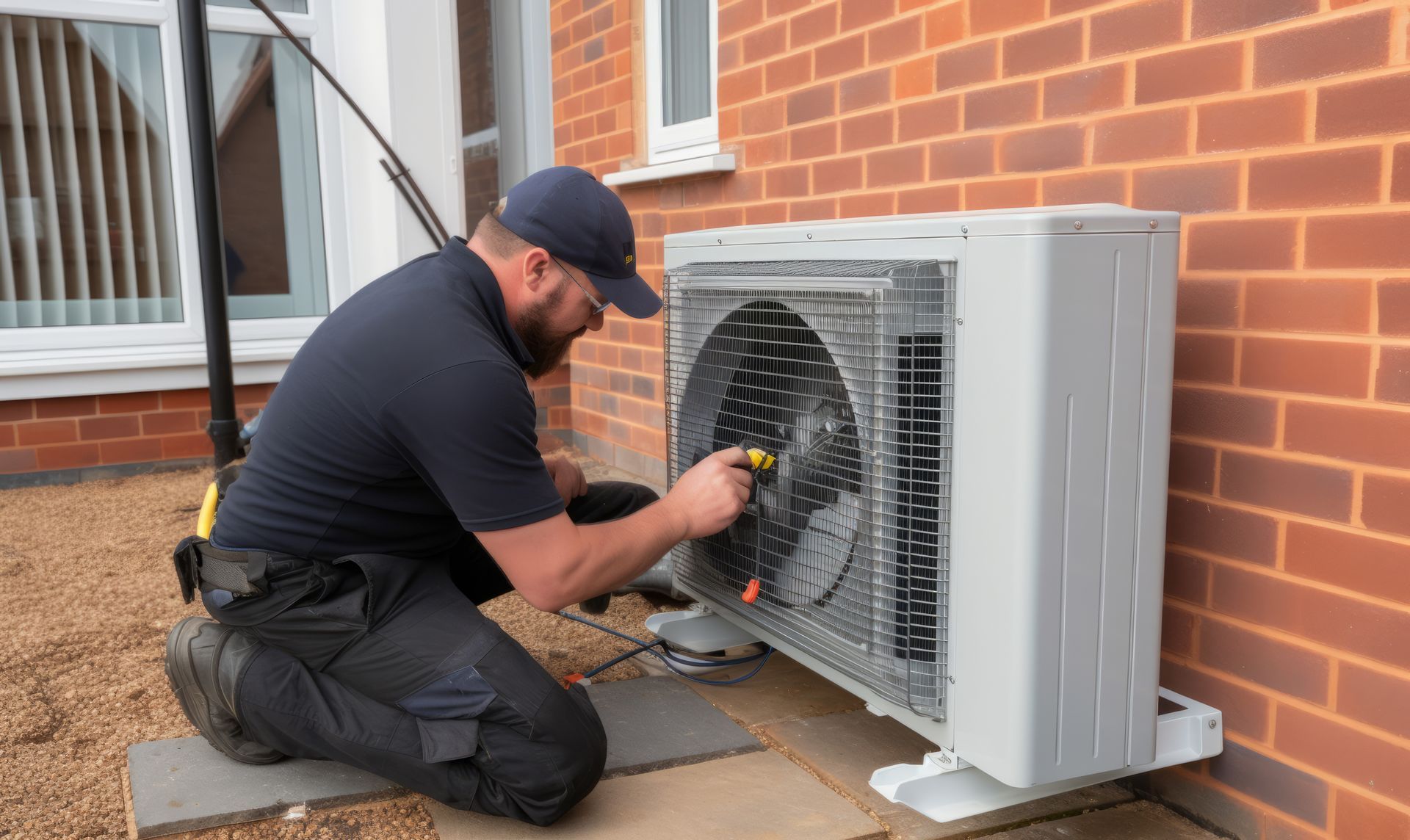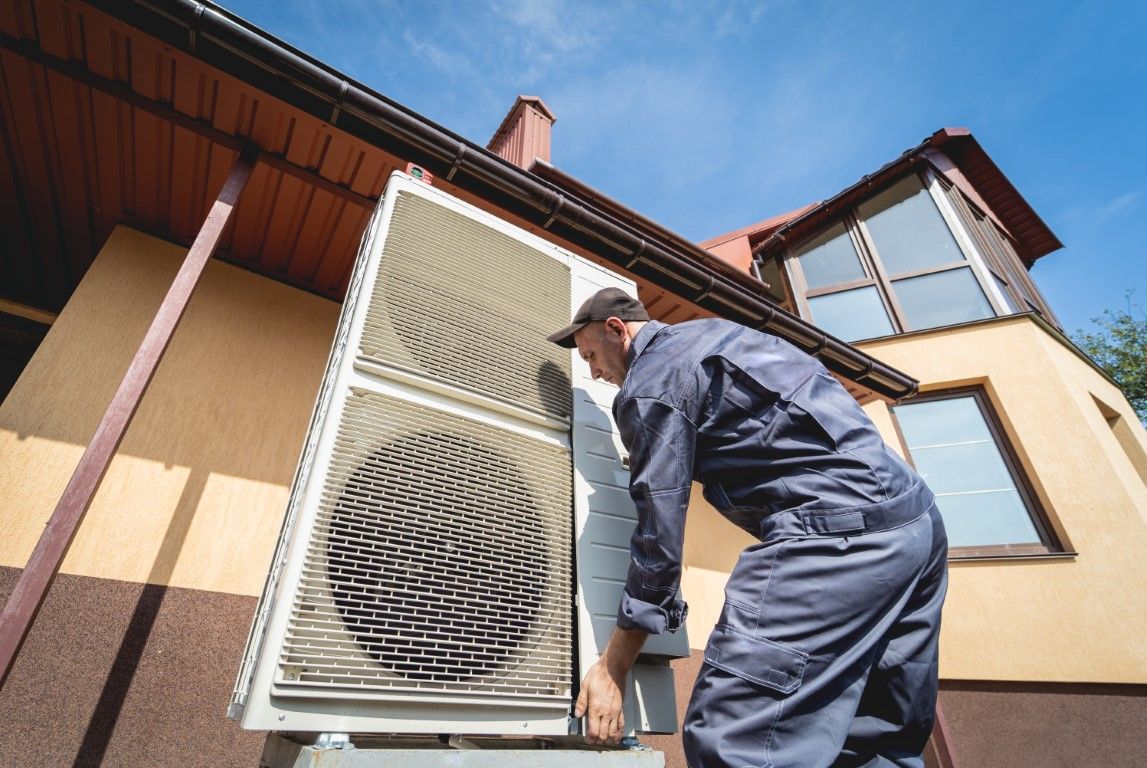Unlocking Energy Efficiency: How the ECO4 Scheme Can Help You
The Energy Company Obligation (ECO4) Scheme is a government initiative designed to promote energy efficiency in UK homes. By supporting households with funding for energy-saving improvements, the scheme plays a vital role in reducing energy bills and cutting carbon emissions. This blog explains who can benefit, what the scheme funds, and how to apply, helping you make the most of this opportunity to upgrade your home’s energy efficiency.
Who Can Benefit from the ECO4 Scheme?
The ECO4 Scheme is targeted at households most in need of energy efficiency improvements. Here’s what you need to know about eligibility:
Qualifying Households: Low-income families and individuals who receive specific government benefits are often eligible. These may include families with children, pensioners, or people with long-term health conditions. To ensure that the scheme is helping those who need it the most, the government has set criteria for household income levels.
Eligible Properties: Homes with poor energy performance or high heating costs are the main focus. This includes homes with outdated insulation, inefficient heating systems, or properties that have not yet adopted renewable energy solutions. If your home has high energy usage, it could be a good candidate for the scheme.
Checking Your Eligibility: Use an online eligibility checker or contact your energy provider for guidance on whether your household qualifies. Many energy providers also have dedicated teams to help guide you through the process, so don't hesitate to reach out and find out if you're eligible.
What is the ECO4 Scheme?
The ECO4 Scheme aims to enhance energy efficiency in UK homes through targeted funding. Its primary objectives include:
- Improving the thermal performance of properties to reduce heating bills.
- Supporting the UK’s commitment to lowering carbon emissions.
- Helping households access modern, energy-efficient technology like insulation and renewable energy solutions.
The government is committed to achieving net-zero emissions by 2050, and schemes like ECO4 play a crucial role in achieving that goal. The ECO4 Scheme is designed to reduce the carbon footprint of homes while saving money for families who struggle with high energy costs.
What Does the ECO4 Scheme Fund?
The ECO4 Scheme funds a wide range of energy-saving improvements, such as:
Insulation: Loft, cavity wall, and external wall insulation to retain heat and reduce the need for constant heating. Proper insulation is one of the most effective ways to lower energy costs, making your home more energy-efficient and comfortable.
Renewable Energy: Heat pumps, solar panels, and other energy-efficient systems. These technologies reduce the reliance on fossil fuels and provide renewable energy that can lower household energy costs over time.
Additional Upgrades: Draught-proofing, smart thermostats, and efficient boilers. These improvements contribute to better temperature control, ensuring your home remains comfortable year-round.
The funding is allocated based on the type of property, its energy needs, and the improvements required, ensuring maximum impact for eligible households. The more energy-efficient your home becomes, the lower your long-term energy costs, making this an investment in your property’s future.
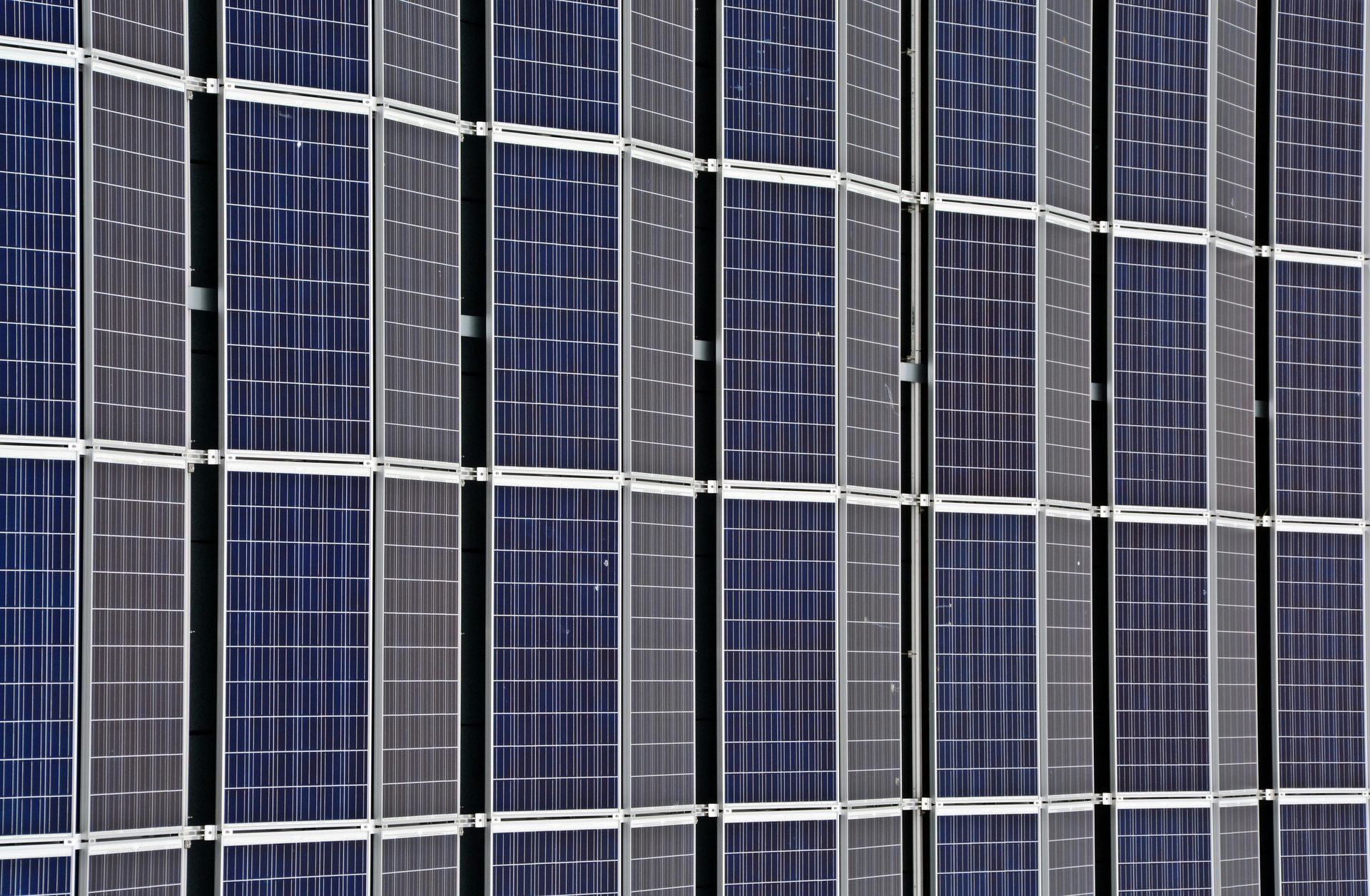
How to Apply for the ECO4 Scheme
Applying for the ECO4 Scheme is straightforward. Follow these steps to get started:
Check Your Eligibility: Use an online tool or contact a scheme provider to confirm your household qualifies. Ensure you have up-to-date information about your household income and property type to expedite the process.
Prepare Your Documents: Gather proof of benefits, property details, and energy usage information. It’s helpful to have utility bills and government benefit documentation on hand when applying.
Contact a Provider: Work with an accredited installer or energy company to begin your application. Accredited providers will ensure that the work is completed to a high standard and meets all necessary regulations.
Install the Upgrades: Once approved, schedule the installation of the recommended energy-saving measures. Providers often offer flexible scheduling, so you can choose a time that’s convenient for you.
Benefits of the ECO4 Scheme
List of Services
-
Financial SavingsList Item 1
Reduced energy bills through improved efficiency. Upgrading your home’s insulation or installing a heat pump can dramatically lower the amount of energy you need to heat or cool your home.
-
Home ComfortList Item 2
Warmer, healthier living spaces during colder months. Better insulation and efficient heating systems ensure your home stays comfortable without high costs.
-
Increased Property ValueList Item 3
Enhanced energy performance ratings boost resale value. Energy-efficient homes are becoming increasingly attractive to buyers who want lower utility costs and a smaller carbon footprint.
-
Environmental ImpactList Item 4
Reduced carbon footprint by lowering energy consumption. By participating in the ECO4 Scheme, you contribute to reducing overall carbon emissions, helping combat climate change.
Your ECO4 Scheme Questions Answered
Many people have questions about the ECO4 Scheme, so we’ve compiled some of the most common ones:
How Much Funding Can I Receive?
The amount of funding varies depending on your property’s energy needs and the improvements required. Some households may receive full funding for all necessary upgrades, while others may need to contribute a small amount.
How Long Does the Process Take?
Typically, it takes a few weeks from application to installation. However, this can vary depending on the complexity of the required upgrades and the availability of installers.
The ECO4 Scheme is a fantastic opportunity for UK households to improve energy efficiency, save money, and contribute to a greener environment. By upgrading your home’s energy systems, you can enjoy long-term savings, increased comfort, and reduced carbon emissions. Check your eligibility today and take the first step towards a more sustainable home.
